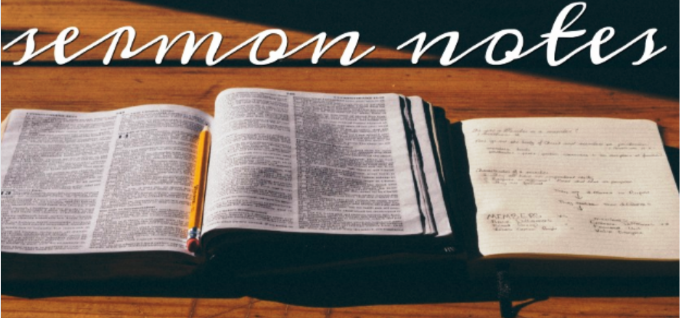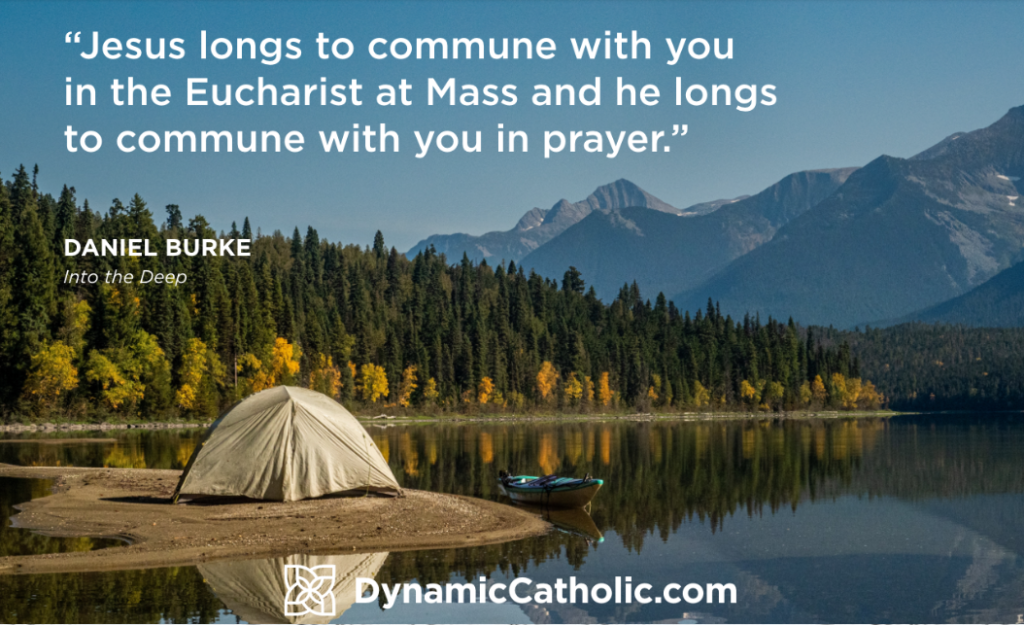
Either It is What It is or It Isn’t
Father Peter Fitzgibbons
April 22 – 23, 2023
Gospel: Luke 24:13-35
In the Gospel, there are many points. So, start with the minor ones and then go on to the big ones. Jesus taught us how to study Scripture. He also taught us what we must do before Mass. What must we do before Mass? A famous word from one of the great spiritual directors is “Shut-Up!” That’s because every time the apostles talked about the Bible, they got it wrong. Every time our Lord asked them a question, they got it wrong. The apostles were discussing Scripture one day while in Jerusalem and when our Lord showed up, He asked them, “What are you doing?” They said, “Talking about Scripture.” What did He tell them? “You got it wrong!” Then, for the better part of two hours, He taught them Scripture, because He is Scripture. And in the presence of God, they listened. He explained to them the meaning of the Bible. Scripture study is not people sitting around a table and asking, “What do you think this is?” It’s not that. The Church teaches what Scripture is . . . not what we’d like it to be. It’s a lot more complicated than just reading a book and saying, “Oh yeah. I can do that.” You have to listen to the experts.
What resulted from the apostles’ time with Jesus? During the Breaking of Bread (the Mass), their eyes were opened, and they recognized Him. This is our faith. Jesus is physically present on the altar and at the altar during the Holy Sacrifice of the Mass. What happens when we see our Lord in the Breaking of Bread during the Holy Sacrifice of the Mass? The same as what happened to two of Jesus’ disciples as they were going to Emmaus which was near Jerusalem. They were tired, but in the middle of the night they walked seven miles, most of it uphill. Now most people are afraid to go outside at night even though we have great law enforcement. Back then, there was no 911. And the Roman soldiers didn’t patrol at night. So, you were on your own . . . good luck! But the disciples were no longer tired. Instead, they were filled with joy and couldn’t wait to tell people, “We have seen the Lord. We recognized Him in the Breaking of Bread.”
This is what we preach for conversion. Transubstantiation and the Real Presence of our Lord in the Most Blessed Sacrament. This is our Faith. This is what we preach. This is what brings people to church. And this is how we get converts to the Faith. A good friend of mine, a Catholic priest, took Philosophy 101. He said that during the first week of class they learned that “a thing is what it is or it isn’t.” There is no in-between. Would you want to eat a slightly poisonous salad? Would you want to get slightly sick on Listeria? No. Either the food is good or it’s not. Either it is or it isn’t. A wrench is a wrench or it’s not. You can’t use a pencil as a wrench. It won’t work. So, either you believe what Scripture says or you don’t.
Christ is present in the Eucharist. His true Real Presence is what draws people to the Faith. We recognize Him with the eyes of faith and intellect. Sometimes it affects the whole body . . . sometimes not. But we recognize Him. In church, everything is pointed to the Real Presence. That’s why we kneel, stand, and genuflect. Some people rather blasphemously call it Catholic aerobics – up and down, up and down. By the way, do you know why we stand for the Gospel? We stand out of respect for the Word of God because the Gospel contains the actual words of Christ. So, we stand out of respect for His words, and we pray with our hearts. This is what we proclaim. This is what we profess. And this is what we teach. Paul came to that conclusion. Paul taught people, and he admonished them that “Whoever eats and drinks the body of Christ unworthily is guilty of His death.” If it’s just a symbol or just a community builder as some blasphemous people say, how can we be convicted of His death? How can we be like Judas and be guilty of His death? If His Body and Blood is just a symbol, then what’s the big deal?
So, this is what we believe. This is what we profess. And this is what we tell people. This is the good news. What happened to the apostles and what happened to the two disciples enroute to Emmaus, is the same joy and the same Presence we have before us.
How will you apply this message to your life? _______________________________
You can read all of Father Fitzgibbons’ sermons by going to annunciationcatholicalbemarle.com and clicking on “Blog” then “Categories” then “Sermon Notes.” On a cell phone: click on “Blog” then “Menu” and then “Categories.” Sermon Notes are also available on the church Facebook page at facebook.com/ola.catholic.church. Click on “Groups” and then “Sermon Notes.”





